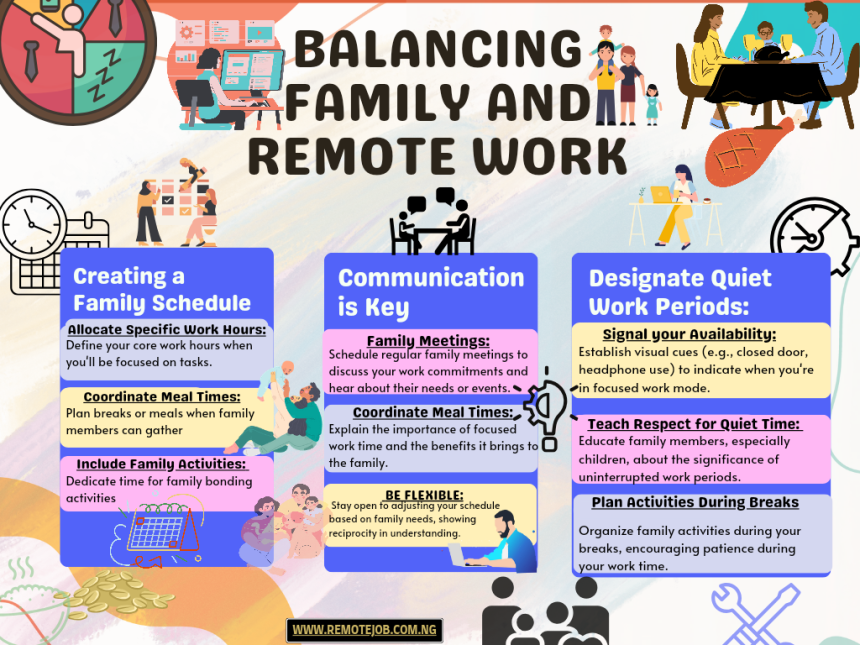
The Future of Remote Work Trends and Predictions
The Rise of Remote Work
Before the pandemic, only a small fraction of employees worked remotely. Today, flexible work arrangements have become a priority for many: * Increased Adoption: Over 70% of companies now offer hybrid or fully remote options. * Global Talent Pool: Remote work enables companies to hire talent worldwide, fostering diversity and inclusivity . * Cost Savings: Businesses save on office space, while employees save on commuting costs.

Emerging Trends in Remote Work
1. Hybrid Work Models
Most organizations are opting for a hybrid approach, allowing employees to split their time between home and the office. This model offers flexibility while maintaining collaboration.
2. Virtual Collaboration Tools
The rise of platforms like Slack, Microsoft Teams, and Zoom highlights the need for seamless communication and project management. Future tools will likely integrate AI to enhance productivity further.
3. Focus on Employee Well-being
Companies are prioritizing mental health and work-life balance, offering virtual wellness programs and flexible schedules to combat burnout.

Predictions for the Future
1. Remote-First Organizations
Many startups and tech companies are adopting remote-first policies, eliminating physical offices entirely.
2. Decentralized Workspaces
Co-working spaces and satellite offices will become popular as alternatives to traditional headquarters.
3. AI and Automation
AI will revolutionize remote work by automating repetitive tasks, analyzing productivity patterns, and improving decision-making processes.

Benefits and Challenges
Benefits:
Greater flexibility and autonomy for employees. Access to a broader talent pool for employers. Reduced environmental impact due to fewer commutes.
Challenges:
Maintaining team cohesion and communication. Addressing cybersecurity risks in a decentralized environment. Ensuring equitable opportunities for remote and in-office employees.
How to Thrive in a Remote Work Era
For Companies: Invest in technology to support remote work. Foster a culture of trust and accountability. Regularly collect employee feedback to improve experiences. For Employees: Create a dedicated workspace for productivity. Set boundaries to maintain work-life balance Stay connected with colleagues through virtual coffee chats and team-building activities.

Conclusion: Embracing the New Normal
Remote work is here to stay, evolving with technological advancements and changing workforce expectations. By embracing flexibility, fostering innovation, and addressing challenges, organizations can create a future of work that is inclusive, productive, and sustainable.





